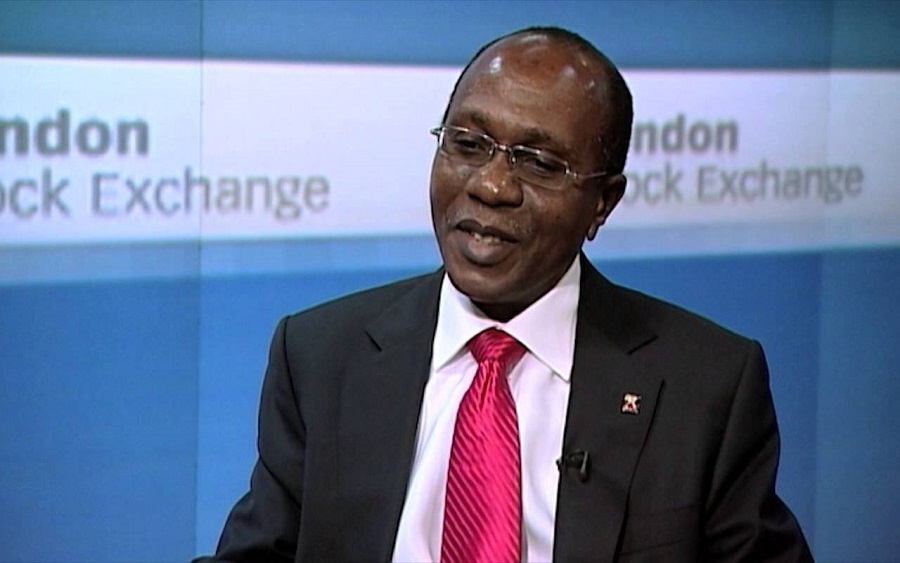The Monetary Policy Committee maintained the status quo on all policy rates at the meeting on 20 July 2020. The committee decided by a vote of eight members out of ten to keep the Monetary Policy Rate (MPR) at 12.5%, the asymmetric corridor around the MPR at +200bps/-500bps, liquidity ratio at 30% and CRR at 27.5%.
The CBN reiterated that the choices remained limited. A tightening monetary stance, in recognition of increased upside risk to inflation and mounting external sector pressures, would be counterintuitive, as it will further constraint economic growth; while a rate cut is unnecessary, given the weak transmission of monetary policy changes to the real economy.
READ MORE: NDDC Probe: Akpabio accuses NASS members of getting most of the commission’s contracts
The CBN’s disposition remains biased towards supporting economic growth, as the committee highlighted increased interventions across the various sector of the economy. Specifically, NGN152.9bn has been disbursed to the manufacturing sector to finance 61 manufacturing projects and NGN93.6bn will be allocated to support the health sector. Also, in a bid to support national infrastructural development, the government approved the establishment of a CBN-led infrastructure development company, which aims to invest NGN15tn over the next five years. Although these actions aim at softening the impact of the pandemic on the economy, we think this can do little to preventing a recession this year.
On the FX front, the CBN developed a gold purchase framework in order to attract foreign inflows into local gold. While we take this as a positive development given the continued rise in gold price (the highest level since 2011), we believe that low domestic production could impair this initiative. Beyond this, foreign investors are likely to remain risk-averse, until the backlog of FX supply is cleared.
READ ALSO: CBN’s MPC unlikely to cut rates, as Nigeria’s foreign reserves hit $36.16 billion
As the inflation rate (June:12.56%) is now above the benchmark MPR of 12.50%, a question could emerge as to the appropriateness of keeping negative real interest rate. The CBN has shown by its actions in the past crises (global financial crisis in 2008 and 2016 oil price plunge) that it is willing to tolerate a period of negative policy real interest rate. The move is always to support growth, as credit to the private sector in the aforementioned periods increased by 32.34ppt and 3.70ppt respectively. Besides, market interest rates have trended lower than the inflation rate in recent months, due to lower supply of bills and the ban placed on non-bank local investors from participating in the OMO market. As a result, we do not envisage a major shift at the short end of the yield curve.
Regarding FGN bond, the DMO set to offer between NGN340bn to NGN460bn in Q3-20. In our view, we expect the auction to be well bided, supported by buoyant liquidity (Q3 OMO maturities: NGN3.1tr) due to limited investment options for local investors.
Download the Nairanetrics News App

CSL Stockbrokers Limited, Lagos (CSLS) is a wholly owned subsidiary of FCMB Group Plc and is regulated by the Securities and Exchange Commission, Nigeria. CSLS is a member of the Nigerian Stock Exchange.











